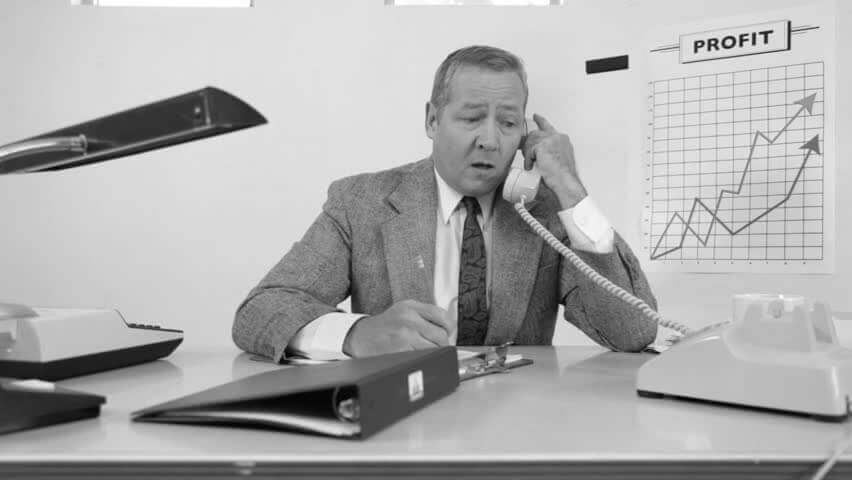
Today,we’re in the midst of a crisis unlike anything we’ve seen in the past. While we may have a tendency to panic, now is the time to plan and prepare.
NB: This is an article from Knowland
Whether you’re temporarily closing your hotel or staying the course, hoteliers with an eye to the long term can instead start preparing today for success tomorrow.
Pivot Your Sales Team
Most hoteliers are currently seeing a direct impact to business due to the loss of event revenue and, in turn, the additional room and F&B revenue these events bring to the hotel. This is a time of great loss and the impact is likely to be felt for years. That said, now is also the time to pivot and train sales teams to deal with the “new normal.”
Each hotel has to determine the size and skill set of its sales team during this period. But wholesale cutting of your entire sales team is not the way to go. Likely, in the recent past, most of your staff was focused on inbound leads and responding to incoming RFPs. The reality is, when times are good, it’s not uncommon for us to turn away from prospecting. However, with the current climate, the RFPs are drying up or have stopped all together.
Gone are the days of sitting back waiting for the next RFP; now is the time to revert to the tried-and-true sales tactics of old. It may mean you need to teach today’s sales staff how to hunt for business, because it’s highly likely many don’t know how to hunt. In fact, are you aware of those who know how to hunt and are able to do it with a gentle touch?
To get started, it’s time to take a deep dive into your CRM and have a look at the activity. This will help you gauge what the activity was prior to the pandemic. As mentioned above, chances are much of your sales team activities over the past year or two have been managing incoming RFPs. Your CRM will allow you to identify those individuals who kept up the pace of prospecting, even during peak times — these will be your hunters.
However, different salespeople have different skill sets and not every person can sell into every market segment. We’ll likely see corporate, government and local catering return first. At this time, it will be key to identify those sellers who will be most successful in selling into these segments. Work with your teams to determine those best qualified to conduct outreach based on compassion and assistance, as opposed to “making the sale.”
This will also require a return to “old strategies” and the opportunity to teach your teams ways to engage in the types of warm calls that will be required today. During this work-from-home downtime, there can be ample time for training and practicing together — even remotely.
Prepare Staff to Act Locally
History has taught us that in times of crisis, recovery occurs locally first. Big corp- orate events and bookings will likely not re-book this year. People aren’t going to want to get on a plane for a while, so it will be crucial to consider your local market by determining what that is.
What will book are smaller, local and regional events. However, more than 50 per cent of survey respondents indicated they had not done local outreach within the past year. If you’ve done outreach locally, great, keep up this effort. If you haven’t, there’s some work to be done.
Identify local opportunities by drawing concentric circles based on distance to your hotel. These circles will be determined by the size and density of your market.
From there, take a look at what companies are within the scope of your circles and target those organizations first. Then, refer to your CRM and align the activity logged within your CRM with those local offices and determine when you last connected with someone at local office.
Group-hospitality software that draws on analytics will help you profile those companies to determine if they have had local meetings in your market. This will not necessarily be what they have done at your hotel, but what they’ve done in your local market.
We’re essentially uncovering the psychographics of the group. What types of hotels have they purchased from in the past, what are the size of those meetings and what types of properties meet the needs of the individual group? Once you’ve established who your local accounts are, now is the time to educate your team about new strategies and offerings.
Use the information you’ve pulled on local business prospects to help your sales teams better understand the psychographics of each account so they can begin to have those warm conversations and developing relationships.




